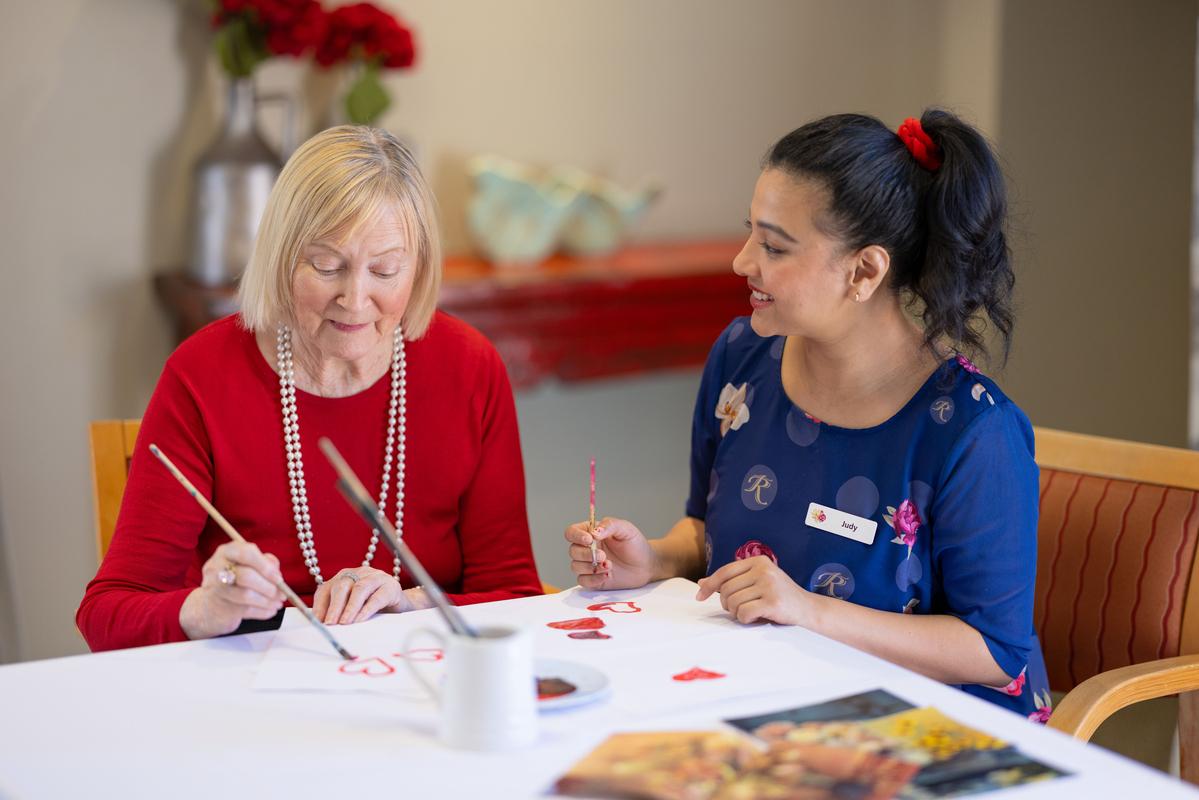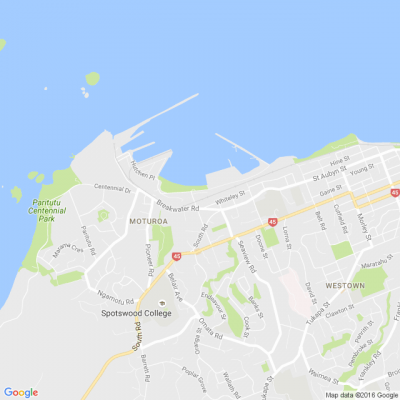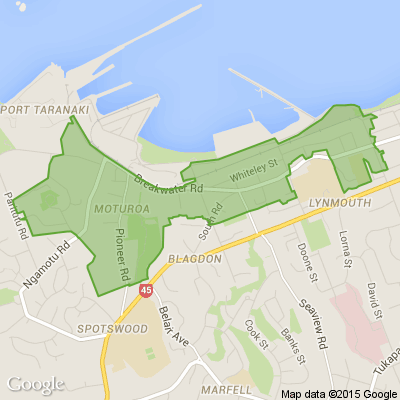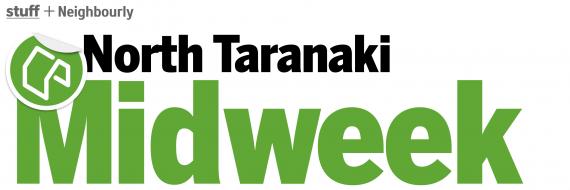Changing the conversation around dementia
Reducing stigma starts with the words we use, and shifting the way we talk about dementia is a powerful step forward. This World Alzheimer’s Month, Ryman is highlighting the importance of reducing the discrimination caused by stigma surrounding people living with dementia.
Caroline Bartle, Ryman’s Dementia Care and Innovations Lead, says that using appropriate language when referring to people with Alzheimer’s and other types of dementia can foster a more inclusive society. This not only benefits those experiencing cognitive decline but also their families and the wider community.
Click read more for the full article.

🧩😏 Riddle me this, Neighbours…
I am an odd number. Take away a letter and I become even. What number am I?
Do you think you know the answer?
Want to stop seeing these in your newsfeed? No worries! Simply head here and click once on the Following button.

Share your favourite main crop potato recipe and win a copy of our mag!
Love potatoes? We will give away free copies of the May 2026 issue to readers whose potato recipes are used in our magazine. To be in the running, make sure you email your family's favourite way to enjoy potatoes: mailbox@nzgardener.co.nz, by March 1, 2026.

CV Help
Looking for a polished CV or cover letter?
I provide professionally written, ATS-friendly CVs and tailored cover letters, all done remotely.
Ideal for job seekers, career returners, students, and career changers.
Quick turnaround and personalised service.
📨 Send me a message to get started.








 Loading…
Loading…















